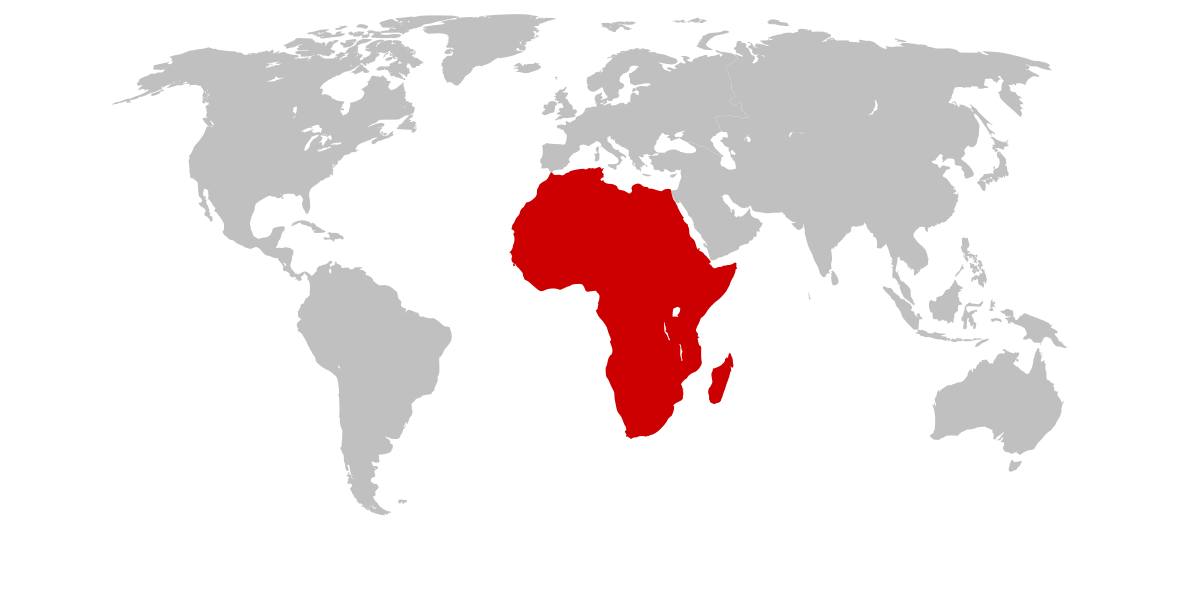
REPORT | The Most Recent AfDB Report Indicates That Africa’s Average Inflation Rose to 17% in 2023
According to a recent analysis by the Africa Development Bank (AfDB), average consumer price inflation in Africa is predicted to have climbed by 3 percentage points to 17 percent in 2023 from 14 percent in 2022.
The report stated that the increase was due to a number of factors, including increased local food prices brought on by shortages in domestic supplies due to the drought, liquidity overhangs from pandemic-related fiscal and monetary policy stimulus implemented in 2020–2021, and the pass-through effects of currency depreciation against a strong US dollar driven by high interest rates in the US.
- East Africa registered the highest inflation rate at 26.5% in 2023, with Sudan leading at 245.3%
- West Africa follows with an inflation rate of 20.3%, led by Sierra Leone and Ghana
- North Africa saw the largest increase in inflation, rising by 8.1 percentage points to an average of 16.3% in 2023, driven by rising prices in Egypt and geopolitical tensions
- Central Africa’s inflation rose by 3.5 percentage points to 10.3% in 2023, with the Democratic Republic of Congo experiencing a 10.6 percentage point increase.
Due to decreases in Angola, Botswana, South Africa, and Zimbabwe, the inflation rate only decreased in Southern Africa, from 10.8 percent in 2022 to a single digit of 8.6 percent in 2023. According to the Africa Development Bank, the inflation-related depreciation of most African currencies versus the stronger U.S. dollar in 2023 was exacerbated by persistently high global interest rates and ongoing uncertainty brought on by trade and geopolitical concerns.
The Naira, for example, lost 95.6% of its value in 2023. This depreciation was mostly caused by a market correction that followed the June 2023 foreign exchange market reforms that resulted in the Naira’s floating. The Kwanza in Angola (32.8%) and the Kwacha in Zambia (15.4%) suffered the second-largest losses. Limited foreign exchange liquidity has been a problem for both nations, with Angola’s condition being made worse by declining oil prices and the lifting of the ban imposed by Chinese creditors.
Notably, the depreciation in Zambia was exacerbated by the negative attitude in the market brought on by a prolonged debt restructuring. However, because of their full or partial linkage to the Euro, which in 2023 began to appreciate in value relative to the US dollar, other currencies, including:
- The CFA Franc
- The Moroccan Dirham
- The Cabo Verdean Escudo
- The São Tomé E Príncipe Dobra, and
- The Comorian Franc
reduced their prior losses and saw a small increase in value relative to the US dollar in 2023.


